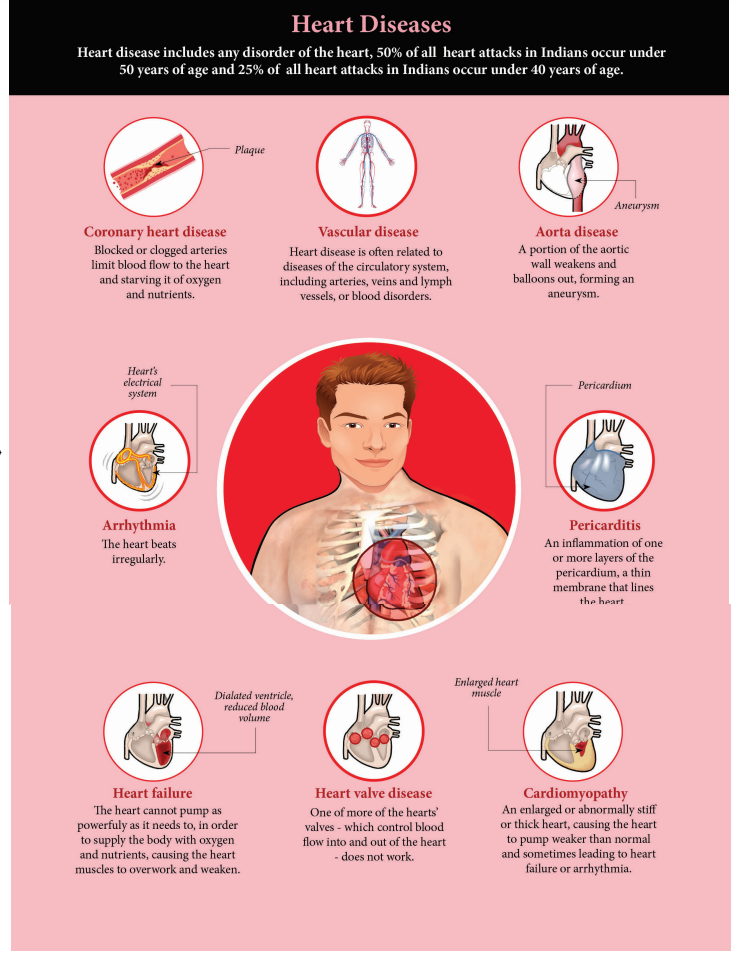Chapter: 11th Zoology : Chapter 7 : Body Fluids and Circulation
Diagnosis and Treatment for Disorders of the circulatory system
Diagnosis and
Treatment
Angiogram
Angiogram
is a procedure that uses a special dye and X-ray to see how blood flows through
the coronary arteries of the heart and it can be used to detect abnormality in
the blood vessels through out the body.
Angioplasty
Angioplasty
is the stretching of an artery that is narrowed due to atherosclerosis. The
risk involved in this procedure is minimal. During an angioplasty a small long
balloon catheter is threaded through the blocked artery. A de-flated balloon is
attached to the catheter andthe balloon is inflated to widen the arterial wall.
Then the tube and the balloon are re-moved. A small metal scaffold called stent
is left in place. This scaffolding keeps the blood vessel open and allows free
flow of blood. Slow releasing stents are now available that can release
chemicals to prevent further block of the artery.
Bypass Surgery
When the
arteries that bring blood to the heart muscles (coronary artery) are blocked by
plaque (accumulation of fat, cholesterol and other substances) the person is
advised to undergo Bypass surgery. After the surgery the blood flow to coronary
artery is increased and the person is relieved from chest
pain. This is a major surgery where damaged blood vessel is replaced by the
healthy one taken from
Mostly it is taken from legs. During this surgery patients
blood system is connected with a pump oxygenator (heart lung machine). After
the completion of the surgery the blood vessel is connected to normal the
circulation and the blood flows freely.
Heart Tnansplantation
A heart
transplant is a surgical transplantation procedure which is done to replace a
diseased or a damaged heart. This procedure is performed on a patient with end
stage heart failure or severe coronary artery disease, when other medical
ailments or surgical treatments have failed. The most common procedure is to
take a functioning heart from a brain dead person (organ donor) and is transplanted
in a person with a damaged heart. After the heart transplant the average life
span of the person increases.
Cardio pulmonary resuscitation (CPR)
In 1956,
James Elam and Peter Safar were the first to use mouth to mouth
resuscitation. CPR is a life saving procedure that is done at the time of
emergency conditions such as when a person’s breath or heart beat has stopped
abruptly in case of drowning, electric shock or heart attack. CPR includes
rescue of breath, which is achieved by mouth to mouth breathing, to deliver
oxygen to the victim’s lungs by external chest compressions which helps to
circulate blood to the vital organs. CPR must be performed within 4 to 6
minutes after cessation of breath to prevent brain damage or death. Along with
CPR, defibrillation is also done. Defibrillation means a brief electric shock
is given to the heart to recover the function of the heart.
Each year
over several million people worldwide die of heart disease, than from other
conditions. For some patients heart transplant is the only hope. Raju was 62
years old when muscles of both the ventricles had deteriorated. He was lucky
enough because biomedical engineers were able develop a pumping device called
‘total artificial heart’. Raju’s heart was completely removed and an artificial
heart was put in place. He was able to go home within a few weeks. This
artificial heart would have kept him in alive until suitable real heart was
available for transplant.


Related Topics